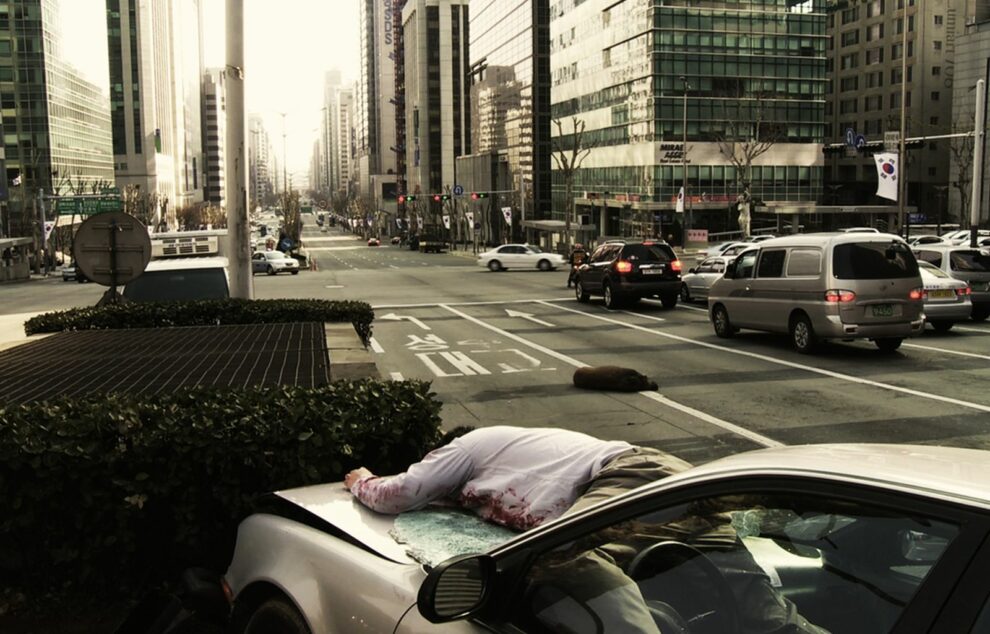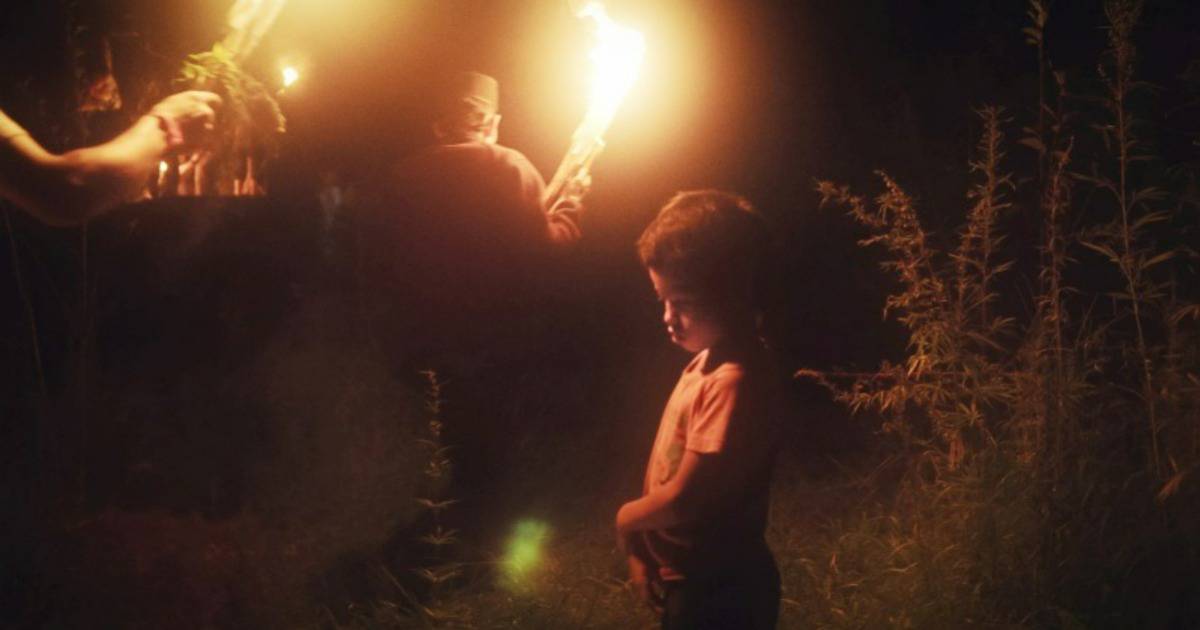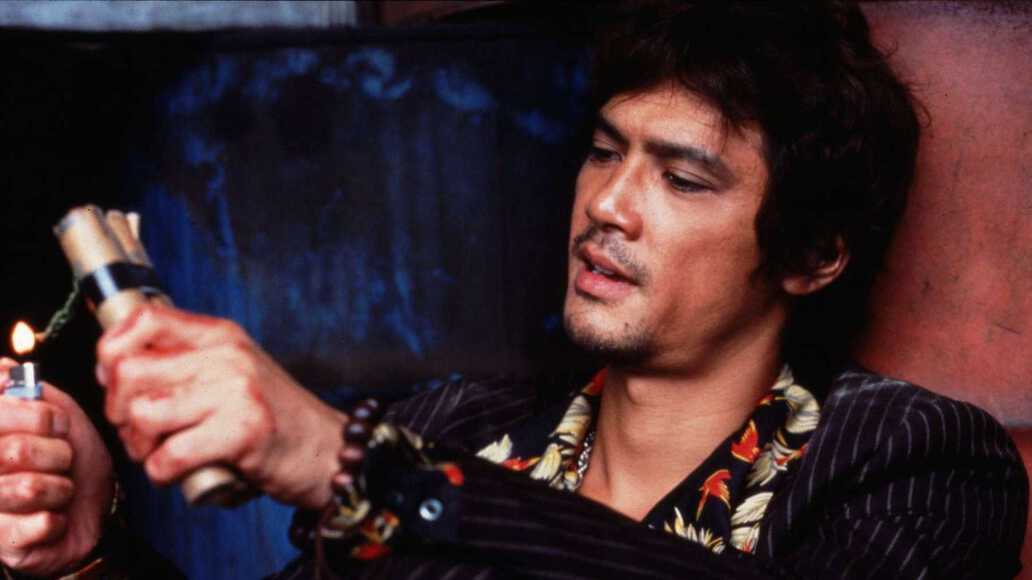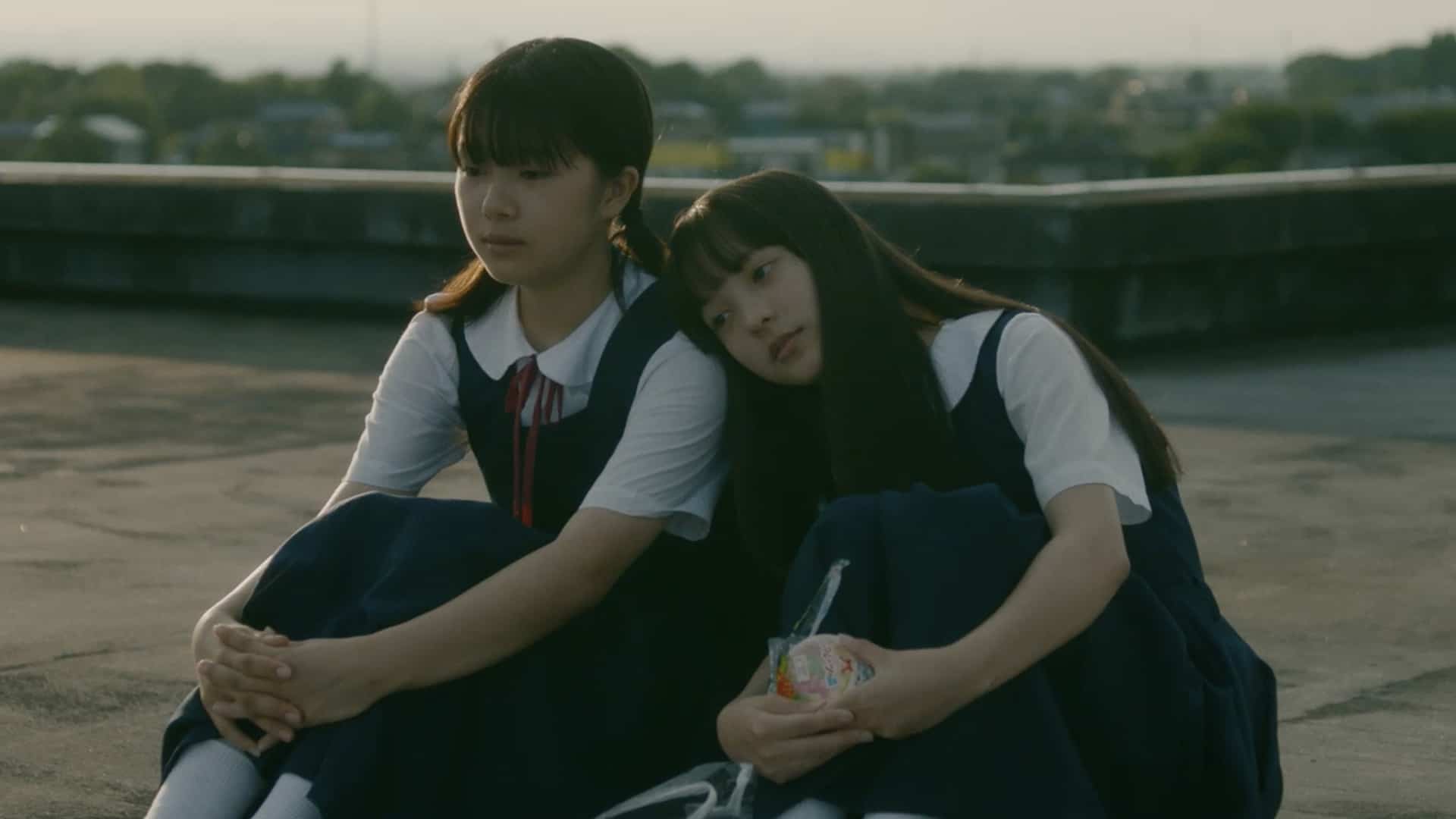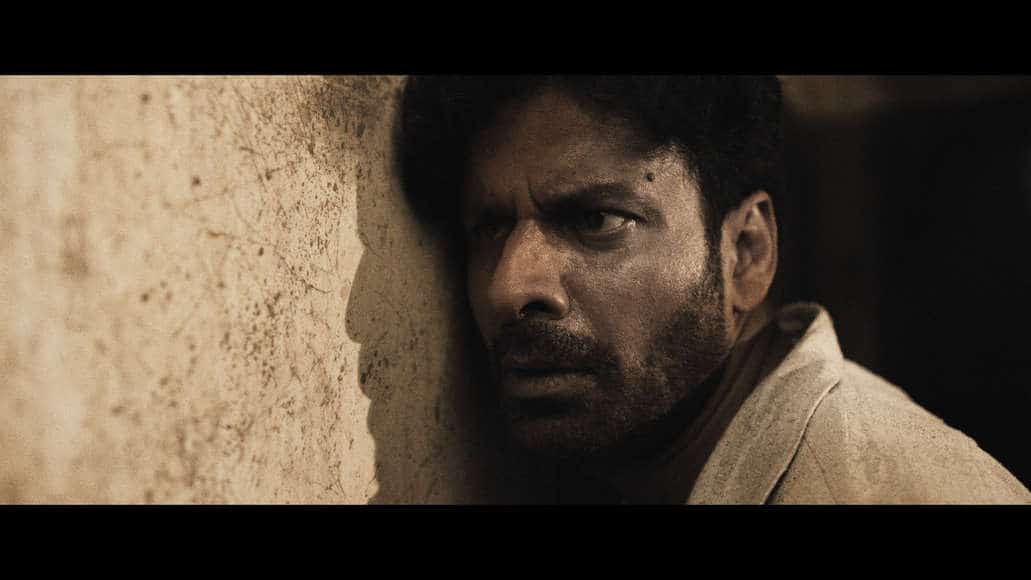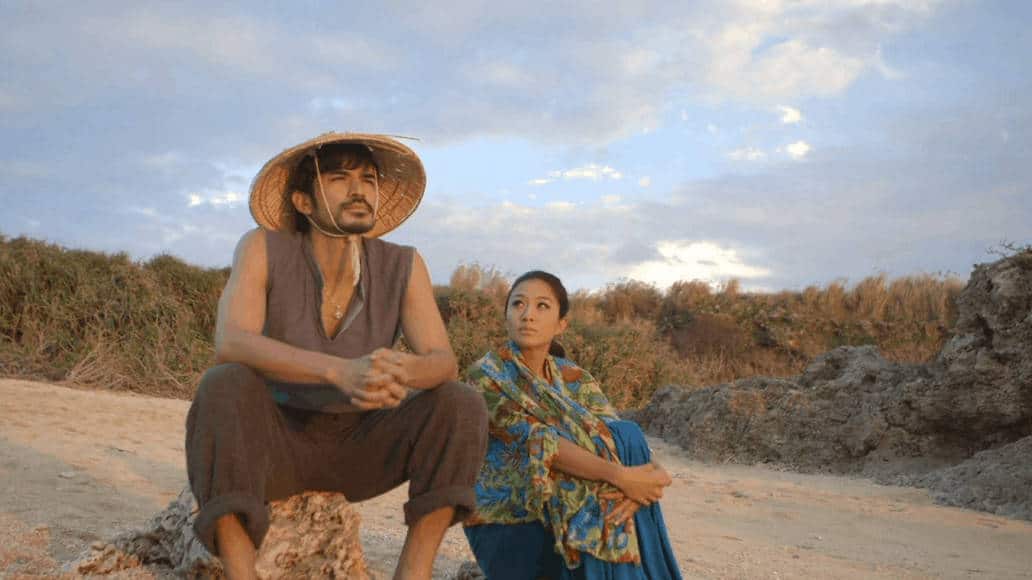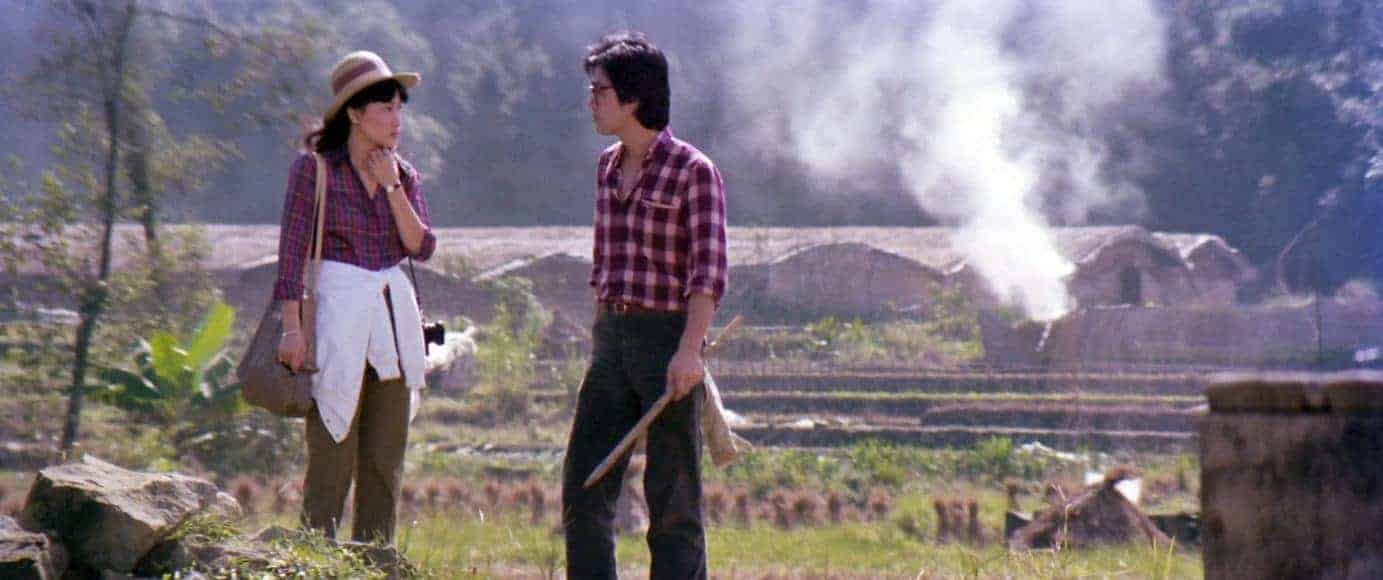Grittiness and intense social critique hidden in an art house package is not exactly an easy feat to accomplish, although Korean cinema has Kim Ki-duk as champion of that approach, at least in his first movies. Jeon Kyu-hwan seems to have accomplished something very similar with “Animal Town” , a movie that was awarded in Vesoul, Black Movie and Busan.
Animal Town is screening at Vesoul International Film Festival of Asian Cinema
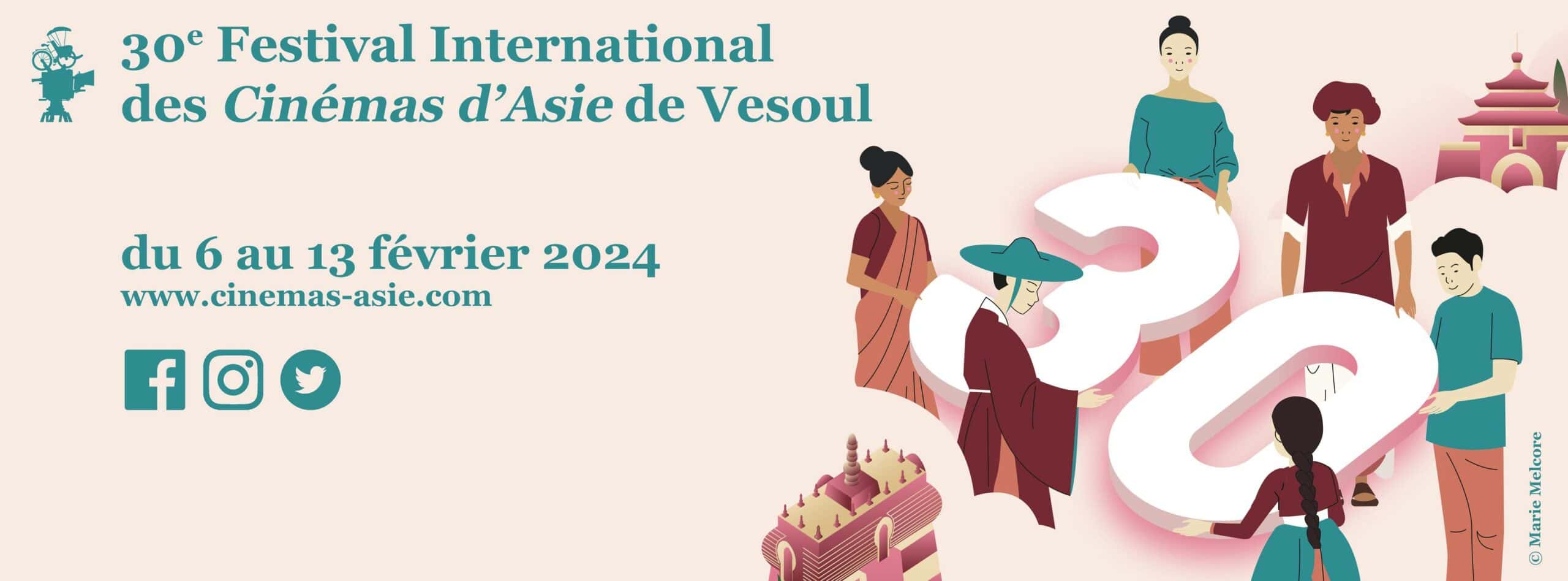
Oh Sung-Chul has been released on parole. He wears an ankle bracelet that monitors his movements as well as reminding himself of his horrifying past deeds. He lives in an rundown apartment complex which is about to be demolished and works construction, although, as the movie begins, he is fired and his last paycheck is cut in half. If that was not enough, he also has to take medications to suppress his mental issues. Kim Hyung-do is a religious family man who runs a printing company, but he is going through hard times both professionally and socially, with the disconnection with his wife being more that evident. Eventually, the paths of the two men coincide.
In a very slow fashion, Jeon Kyu-kwan unfolds a story that initially looks like an art-house drama about the mundanity of life in the megalopolis and the alienation associated with it. However, as time passes, the many questions that he allows to be raised as the film progresses are answered in the harshest, but also realistic way possible. Why is Sung-chul wearing a police ankle bracelet and why is he taking pills? Why is the homeless little girl that appears throughout a point of focus? Why is Hyung-do evidently depressed and what is going on with his wife? How are all connected? These questions actually carry the movie from beginning to the end of the 96 minutes of its duration, with Jeon masterfully adding each additional one until he replies in the most shocking fashion close to the end.
At the same time, and apart from the intense analyses of the characters these questions and replies lead to, the director also manages to make a series of other comments, mostly moving towards social and philosophical paths. Apart from the aforementioned alienation, the movie also deals with crime and punishment, both practically and philosophically, grief and despair, exploitation on various levels and through a pessimism that borders on nihilism, how society does not care for anyone, and particularly the ones in need.
Also of interest here is the visual approach, with Kim Jin-kyung's cinematography implementing an approach that frequently points towards the documentary, following the two protagonists quite closely, without any kind of effort at beautification. Han Jong-hoon and Park Hae-o's editing result in a very slow pace that suits the overall aesthetics to perfection, while the placement of the revelations and the shocking events within the narrative are ideal.
Lee Jun-hyeok as Sung-chul gives an astonishing performance, presenting all the levels of his characters through laconic eloquence. Oh Seong-tae as Hyung-do is also quite good in the same style, although in a smaller part which does shine, though, closer to the end.
“Animal Town” is an excellent movie that manages to artfully combine all of its different elements quite competently, with the way everything leads to the ending in particular being a wonder to look at.


